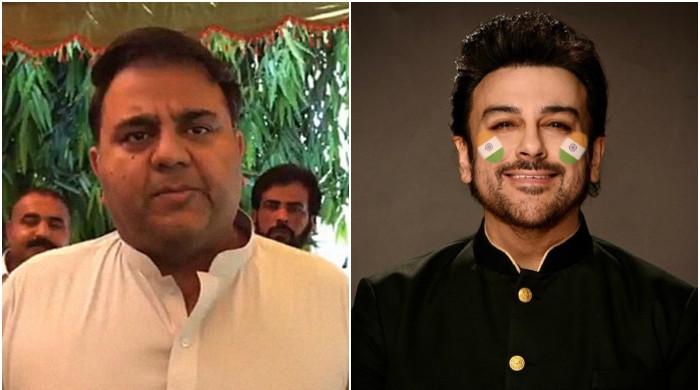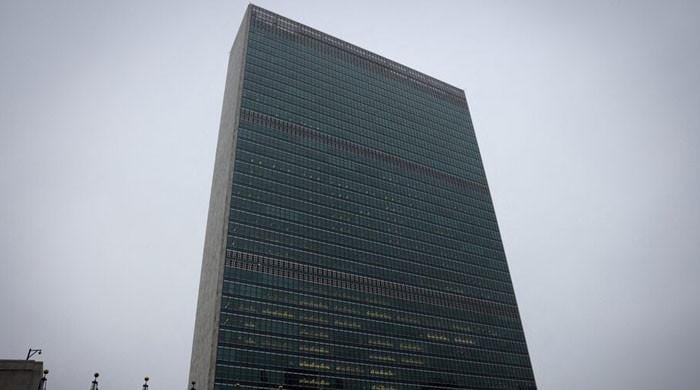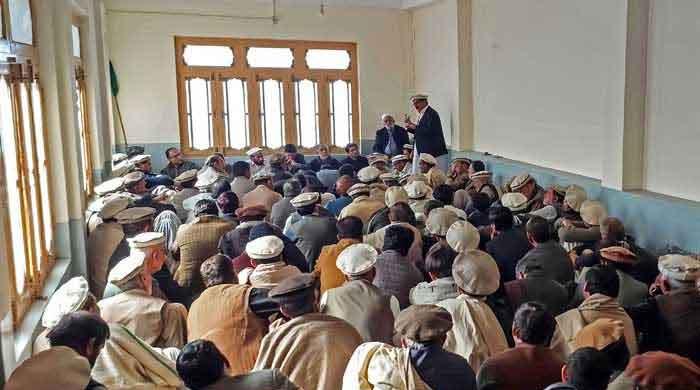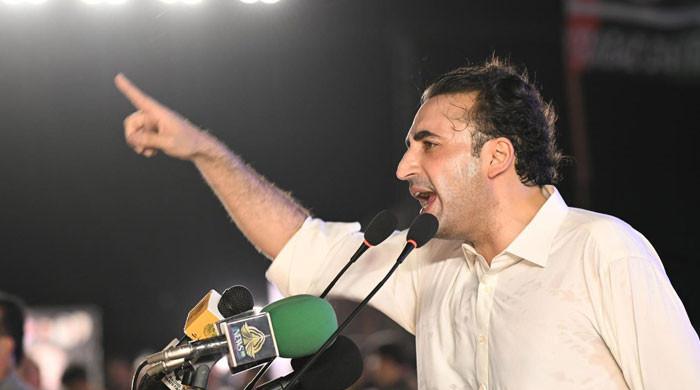Open ballot in Senate elections will require constitutional amendment, ECP tells SC
Meanwhile, Sindh government opposes any changes in the way Senate elections are held, recommends "show of hands"
January 16, 2021
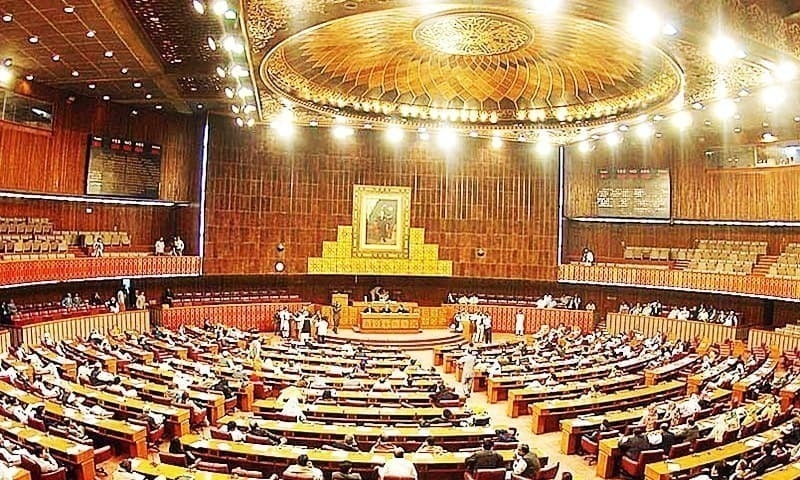
- ECP says switching from secret balloting to an open ballot method will require a Constitutional amendment
- Says much like the elections for the prime minister and the president, Senate elections fall under the Constitution
- Sindh government has recommended a "show of hands" method and opposed any changes in the way Senate elections are held
In its written response to the Supreme Court in the presidential reference seeking an opinion on Senate elections, the Election Commission of Pakistan has stated that in order to switch from secret balloting to an open ballot method, an amendment to the Constitution will be required.
The ECP said that the Senate elections, much like the elections for the prime minister and the president, fall under the Constitution.
"To bring about an end to secret balloting, a constitutional amendment will be required," said the election commission.
The response on behalf of the ECP secretary was filed to the court by Advocate Shahjeel Shehryar Swati and spans 12 pages.
Read: After KP and Punjab, Balochistan backs Centre's call for open-ballot Senate elections
Sindh opposes changes in method
Meanwhile, the Sindh government has recommended a "show of hands" method and opposed any changes in the way Senate elections are held.
Adviser to Sindh Chief Minister on Law Murtaza Wahab confirmed that the provincial government is against the open ballot method.
He said that the Sindh government's response in the reference will be filed next week.
The provincial government is of the view that the open ballot method is "against the Constitution and the freedom of expression".
Wahab said that the Constitution is "clear" on Senate elections. He said that in the Sindh government's response Articles 226 and 63-A of the Constitution have also been referenced.
He said that Article 226 clearly lays out the process to conduct Senate elections.
The Sindh government spokesperson said the open ballot method is in contrast to the very "soul" of the Constitution.
"We will provide strong justification against this method with references from the Constitution in our response," Wahab said.
Difference between open and secret balloting
In a hearing held by the Supreme Court on Thursday presided over by a five-member headed by Chief Justice Gulzar Ahmed and comprising Justice Mushir Alam, Justice Umar Ata Bandial, Justice Ijaz Ul Ahsan and Justice Yahya Afridi Justice Bandial, the court had asked what the difference in procedure between open and secret balloting is.
Attorney-General of Pakistan Khalid Jawed Khan said that the process is the same for the most part.
"The only difference is that in open balloting, the name of the voter is written on the back of the ballot paper. The purpose is to find out which member voted for whom," he explained.
The court has adjourned the hearing till Monday.
Also read: SC asks govt to clarify what the law says about the voting procedure
The presidential reference
The reference, filed by the government, says that the president has sought the apex court's opinion on whether the condition of holding a secret ballot referred to in Article 226 of the Constitution is applicable only for the elections held under the Constitution such as the election to the office of president, speakers and deputy speakers of the Parliament and provincial assemblies and "not to other elections such as the election for the members of Senate" held under the Elections Act 2017 enacted to pursuant to Article 222 read with Entry 41 (1) of the Fourth Schedule to the Constitution "which may be held by way of secret or open ballot" as provided for in the Act.
According to the government, the nature of the elections and the way it is conducted has not been clearly mentioned in the Constitution.
The government has said that the election for the Senate is conducted in accordance with the Election Act of 2017 and asked if it is possible to introduce the idea of open-balloting in the Upper House of the Parliament.





